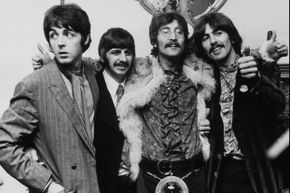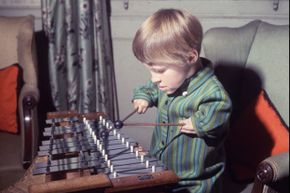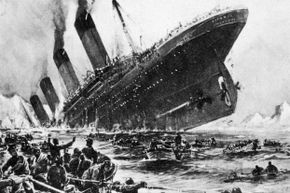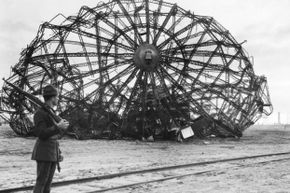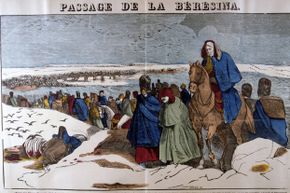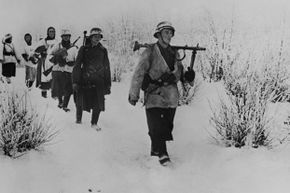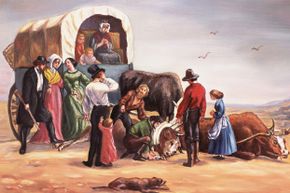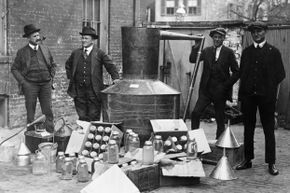Sometimes we make bad decisions about who we date or what movie to see -- and those shoes? Too late to return them now. But sometimes, we make really bad decisions.
For example, Thomas Austin didn't consider the consequence of introducing rabbits to Australia; he just wanted a five-star meal. And NASA knew the Challenger had O-ring problems, but decided to launch the space shuttle anyway. And all 12 of the publishing firms that rejected J.K. Rowling's "Harry Potter and the Sorcerer's Stone"? Since their first printing in 1997, the Harry Potter books have broken publishing records; they are now considered the fastest-selling books ever.
Advertisement
The next time you make a bad decision, remember: It probably could have been worse -- you could have accepted the Trojan Horse or tried to invade Russia. In no particular order, we've collected 10 of the worst decisions ever made. Hold on to your sweet tooth because we're starting with those little candies aliens just can't resist. No, not M&Ms.


